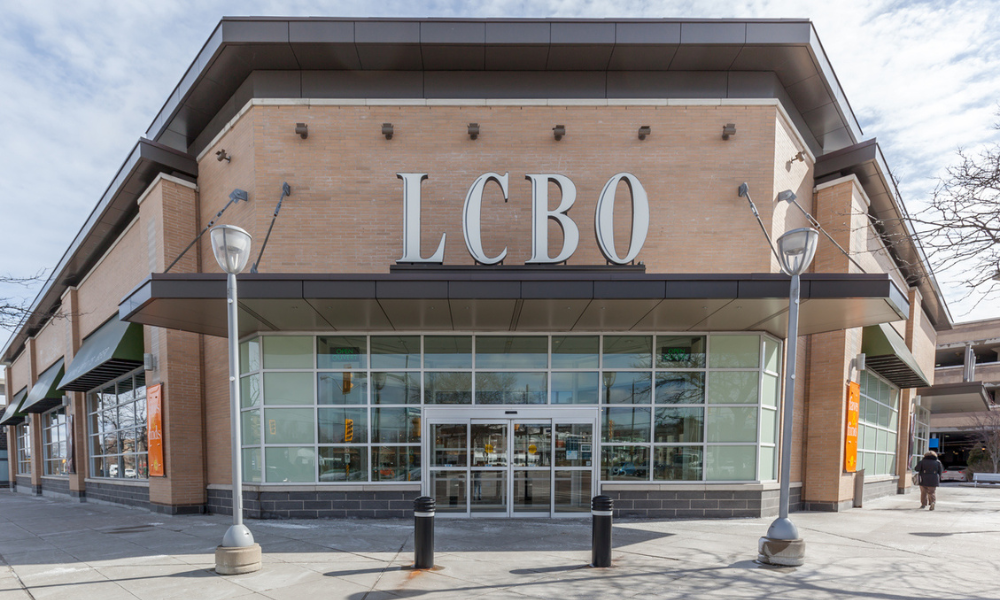
Strike would mean provincewide LCBO store closures

LCBO employees across Ontario will be able to walk off the job on July 5, as a standoff between the LCBO and its workers, represented by the Ontario Public Service Employees Union (OPSEU), followed stalled negotiations and a majority strike vote.
A shutdown of LCBO liquor stores is becoming increasingly likely, Global News reported.
OPSEU leader Colleen MacLeod emphasized the goal of securing a deal, highlighting that the strike vote has captured the provincial agency’s attention.
“The hope is that we get a deal,” MacLeod said.
“We’re looking to ensure our job security language is strong, we’re also looking for an alternate model for alcohol sales in the province … and it doesn’t include having alcohol everywhere,”
The union's concerns center on job security in response to the provincial government's proposed plan to introduce alcohol sales in 8,500 new locations. The union fears this could lead to reduced revenues for LCBO and potential job cuts and store closures.
Negotiations are scheduled throughout this week and next. The union has agreed to a third-party mediator at the LCBO's request to address the negotiation impasse.
“The LCBO remains committed to achieving a deal at the bargaining table without a strike by employees,” the LCBO said in a statement Monday.
“We have several bargaining dates this week where we will resume negotiations with a focus on achieving a renewal collective agreement with OPSEU that is fair for our unionized employees and helps the LCBO operate efficiently and effectively for Ontarians in a changing marketplace.”
The Ford government's controversial alcohol sales strategy is set to commence on August 1, the expansion plan will allow beer, wine, and pre-mixed drinks to be sold in convenience and grocery stores.
MacLeod said Tuesday the talks were “like no other,” Global reported.
“We believe the LCBO and its workers should be at the heart of the expanded marketplace,” she said.
OPSEU president JP Hornick said the union was optimistic, stating that the union members did not want to strike “for no reason.”
“There is still a number of steps that can be taken if the employer is willing to engage,” Hornick said.
“As a matter of fact what we’ve put forward is a proposal that does not see a rollback of the expansion of alcohol sales into corner stores and other extra agencies, protecting that work and ensuring those revenues come back in.”